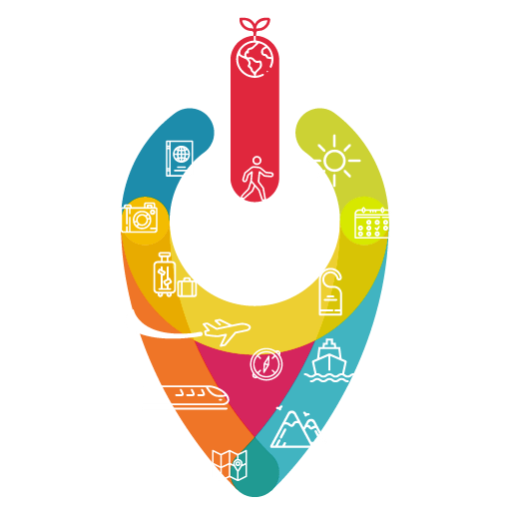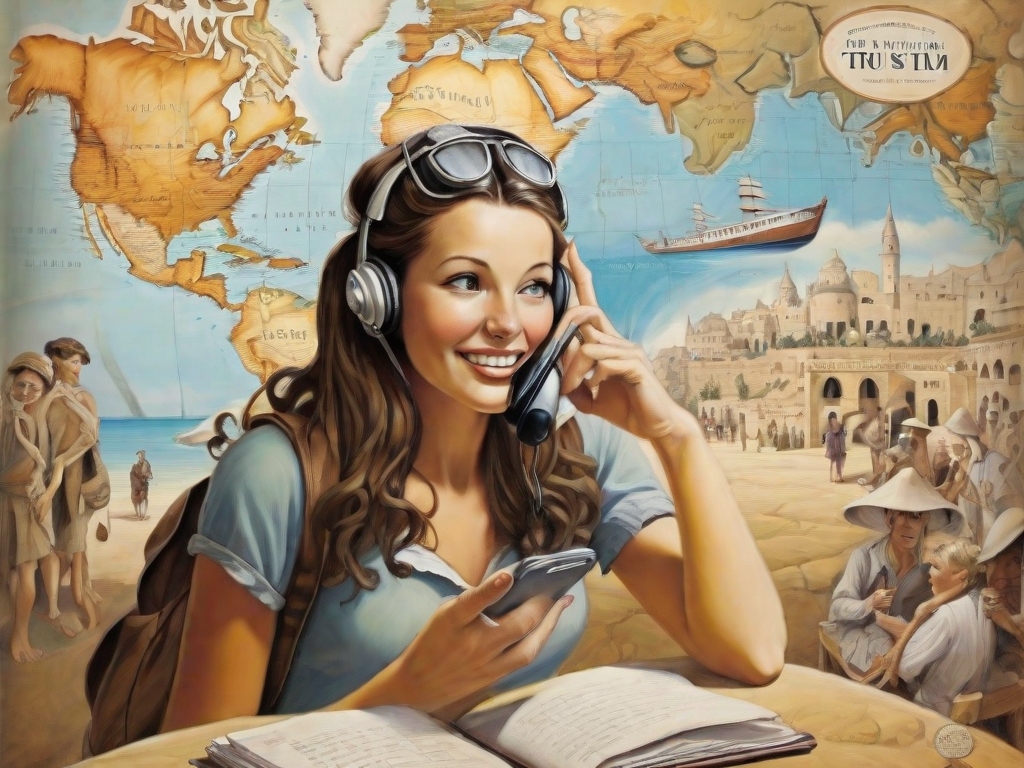Last weeks we showcased the fourth area of Expertise covered by the RESETTING project, concerning Employee upskilling techniques, and then we introduced the service providers affiliated with the RESETTING consortium that your business can hire if you want to see improvement in that field.
Today we move over to the fifth of the RESETTING project areas of expertise, concerning Communication, with a particular attention to the topics of SEO (Search Engine Optimization), SEM (Search Engine Marketing), web development, and social media. These four components of the digital landscape are interconnected and play a significant role in shaping a tourism organization’s online presence and success. Let’s delve into each one:
SEO (Search Engine Optimization) for Tourism:
- Keyword Optimization: Tourism businesses, such as hotels, tour operators, and local attractions, can optimize their websites with keywords related to their specific location and offerings. For example, a hotel in Paris would want to rank for keywords like “best hotels in Paris” or “luxury accommodations in Paris.”
- Local SEO: Local SEO strategies are vital for tourism, as travellers often search for nearby attractions, restaurants, and accommodations. Optimizing for “near me” or location-specific keywords can help tourists find your business.
- Content Marketing: Creating high-quality, informative content about tourist destinations, travel tips, and local attractions can help establish authority and attract organic traffic.
SEM (Search Engine Marketing) in Tourism:
- Paid Advertising: Tourism businesses can use paid search advertising to promote special offers, travel packages, and last-minute deals. For example, a travel agency might run Google Ads campaigns targeting specific keywords like “affordable beach vacations” to attract potential customers.
- Geotargeting: SEM allows for geotargeted ads, which can be highly effective in the tourism industry. Advertisers can show relevant ads to users searching from specific locations, promoting local attractions and services.
- Ad Extensions: SEM platforms provide ad extensions, which can be used to provide extra information such as location, contact details, and reviews, making it easier for travellers to make informed decisions.
Web Development in Tourism:
- User-Friendly Websites: Tourists often research and book their trips online. A user-friendly, mobile-responsive website with easy navigation and fast loading times is crucial for ensuring a positive user experience.
- Booking and Reservation Systems: Integrating secure online booking and reservation systems on your website simplifies the planning process for tourists, facilitating direct bookings for accommodations, tours, or activities.
- Multilingual Support: For tourist destinations that attract international visitors, offering multilingual content and support on your website can enhance communication and accessibility.
Social Media in Tourism:
- Visual Storytelling: Tourism is a highly visual industry, and social media platforms like Instagram and Pinterest are ideal for sharing captivating images and videos of destinations, accommodations, and experiences.
- Engagement: Social media allows for direct communication with potential tourists. Responding to inquiries, comments, and messages promptly can build trust and enhance the customer experience.
- User-Generated Content: Encouraging tourists to share their experiences on social media using specific hashtags can create a community of brand advocates and provide authentic testimonials.
- Promotions and Contests: Social media platforms are excellent for running contests, giveaways, and promotions, which can generate excitement and attract more travelers.
In the tourism industry, effective communication through SEO, SEM, web development, and social media is essential for reaching and engaging with potential tourists, providing them with valuable information, and ultimately creating memorable travel experiences. Clear and persuasive online communication can help tourism businesses stand out in a competitive market and attract visitors from around the world.
If you are interested boosting any communication aspect that we just talked about, there are many service providers affiliated with the RESETTING consortium that can be hired to assist you, and we will introduce them next week!

